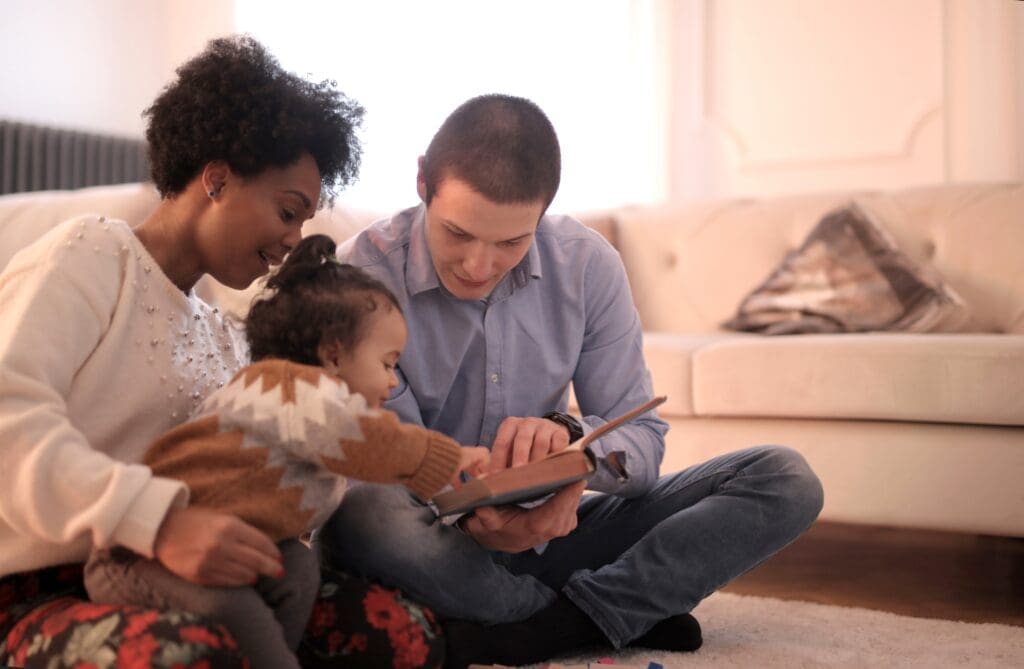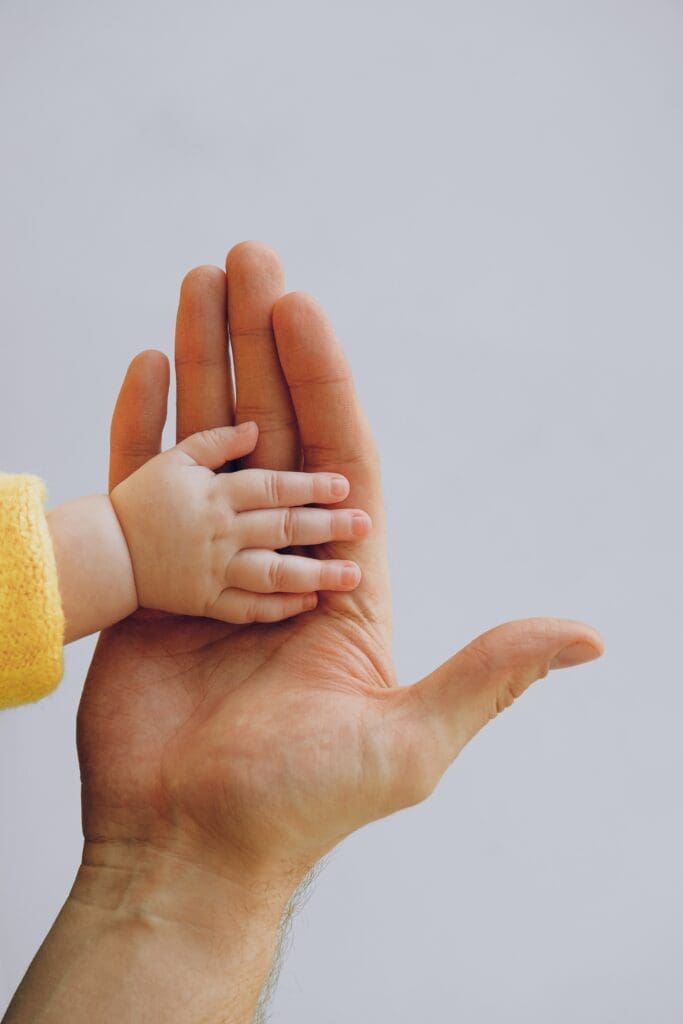Divorce remains a significant life event that affects millions of couples worldwide each year. Understanding the latest trends in divorce and hiring an experienced divorce lawyer can help couples make informed decisions about their future, whether they’re considering separation, navigating divorce proceedings, or contemplating mediation as an alternative to litigation. The past few years have seen unique shifts in divorce trends, with changing perspectives on marriage, financial pressures, and social factors all playing a role. Here, we’ll explore the latest trends and what they mean for couples in 2024.
1. Divorce Rates Have Remained Stable Overall
According to recent statistics from the CDC, the divorce rate in the United States has held steady at around 2.7 divorces per 1,000 population in recent years. This rate reflects a significant decline from earlier decades, with some experts attributing this stability to delayed marriages, a greater emphasis on compatibility, and a shift in societal views on marriage. Despite this stability, approximately 40-50% of marriages in the United States still end in divorce, underscoring the importance of preparation and communication in relationships.
2. Divorce Among Older Couples Continues to Rise
One notable trend is the increase in divorce among couples over the age of 50—a phenomenon often referred to as “gray divorce.” According to a study by the Pew Research Center, the divorce rate for adults aged 50 and older has doubled since the 1990s. For those 65 and older, the rate has nearly tripled. Several factors contribute to this rise, including increased financial independence, longer life expectancy, and shifting expectations for retirement. Gray divorce often involves complex asset division, retirement funds, and spousal support, making experienced legal guidance crucial.
3. The Popularity of Alternative Ways to Divorce
As couples look for alternatives to traditional divorce litigation, mediation, collaborative divorce, and amicable divorce have become increasingly popular. Mediation, in which a neutral third party facilitates communication between both parties, can reduce the time and cost associated with divorce. According to the American Bar Association, mediation typically costs 40-60% less than litigation. Collaborative divorce, a process where both parties work with legal and financial professionals to reach an agreement outside of court, is also gaining traction. In 2024, more couples are choosing these approaches to minimize conflict and promote cooperative resolution.
At the Law Office of Joanne E. Kleiner, we believe that out of court settlement options are better for kids and often cost less while helping couples find fair and respectful solutions without the stress of court battles. These approaches offer a way to handle divorce with greater control and confidentiality, which can be especially beneficial for families with children.
4. Economic Uncertainty Influences Divorce Decisions
Economic pressures continue to influence divorce decisions. Financial strain, whether from inflation, job instability, or rising costs of living, can increase marital tension and prompt couples to reevaluate their relationships. According to a survey by the Institute for Family Studies, nearly 40% of couples reported that financial stress had negatively impacted their marriage. Furthermore, economic factors can delay divorce for some, as individuals feel financially unable to support themselves independently.
In this context, couples are increasingly mindful of the costs associated with divorce. Budget-conscious divorces often prioritize alternative dispute resolution methods, such as mediation, over costly litigation. Mediation allows couples to control the pace and focus on cost-effective solutions, making it a valuable option for those facing financial uncertainty.
5. Custody Arrangements Are Becoming More Flexible
Historically, custody arrangements often favored mothers as primary caregivers, with limited visitation for fathers. However, this trend has shifted dramatically over the past decade. Today, nearly 50% of divorcing parents share joint custody, reflecting a growing recognition of the importance of both parents’ roles in child development. Many family courts now prioritize joint custody arrangements whenever possible, aiming to support children’s best interests through balanced parenting time.
This shift has led to more flexible and customized custody plans, allowing families to create schedules that accommodate work commitments, school activities, and special events. At the Law Office of Joanne E. Kleiner, we emphasize child-centered solutions in divorce mediation, helping parents work collaboratively to develop a plan that prioritizes stability and well-being.
6. Digital Communication and Online Mediation Are on the Rise
As technology continues to shape every aspect of our lives, digital communication has entered the world of divorce proceedings. Virtual mediation has gained popularity, allowing couples to participate in mediation sessions from their own homes. Online mediation provides a convenient, accessible option for couples who may be living in different locations or facing travel limitations.
Studies indicate that online mediation is just as effective as in-person sessions, with some couples finding the virtual format reduces emotional tension. According to a 2022 survey by the International Mediation Institute, over 70% of participants reported high satisfaction with online mediation. For couples who value privacy, convenience, and reduced face-to-face confrontation, virtual mediation can be a highly effective solution.
7. Mental Health Awareness is Redefining Divorce
Mental health awareness has become a more significant factor in divorce and co-parenting arrangements. Couples are increasingly aware of the impact of stress and conflict on their mental health, as well as on their children’s emotional well-being. Mental health considerations play a role in parenting plans, with many parents opting for family counseling to support their children during the transition.
The Law Office of Joanne E. Kleiner recognizes the importance of mental health in divorce proceedings. We work with a network of counselors, therapists, and mental health professionals to ensure that clients have access to the emotional support they need. Our approach is designed to create a supportive environment that prioritizes mental wellness for all family members.
8. DIY Divorces and Limited Scope Representation
A final trend involves the rise of “DIY divorces” and limited scope representation. Some couples, particularly those with simpler financial situations and no children, are opting for do-it-yourself divorces to cut costs. Limited scope representation allows couples to handle certain aspects of their divorce independently, with an attorney’s guidance only for specific parts of the process.
This trend reflects the growing demand for affordable, flexible legal solutions. However, DIY divorces come with risks, and mistakes in documentation or filing can lead to future complications. If you’re considering limited scope representation, the Law Office of Joanne E. Kleiner can provide the legal advice you need to protect your interests, while keeping costs manageable.
What These Trends Mean for Couples Considering Divorce
The evolving landscape of divorce offers more choices than ever before. Whether it’s the option of joint custody, the flexibility of virtual mediation, or the support of collaborative divorce, couples today can approach divorce with greater control and less conflict. At the Law Office of Joanne E. Kleiner, we stay current with these trends to provide our clients with modern, effective solutions tailored to their needs.
If you’re considering divorce or need guidance on child custody, asset division, or mediation, our team is here to support you. With over 35 years of experience in family law, we bring a results-oriented, compassionate approach to every case. Schedule a confidential consultation by calling us at 215-886-1266 or contact us online to learn how we can help.
Final Thoughts
As divorce trends continue to evolve, understanding the options available to you is essential. From the rise of virtual mediation to the growth in joint custody arrangements, today’s divorce landscape is more flexible and supportive than ever. By staying informed, you can make decisions that protect your interests and create a stable foundation for the future. Let the Law Office of Joanne E. Kleiner guide you through this journey with expertise, dedication, and a commitment to achieving the best outcome for your family.



